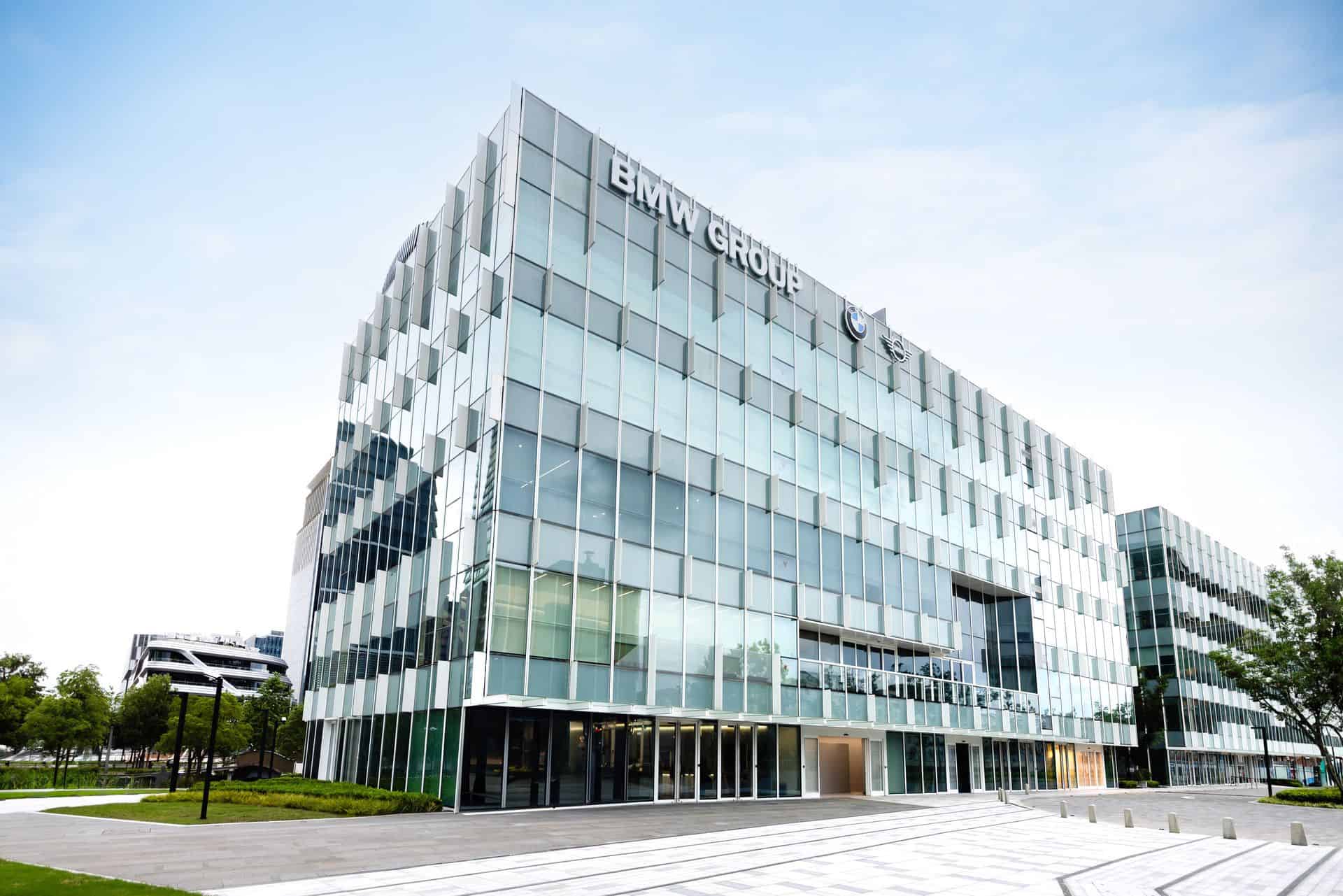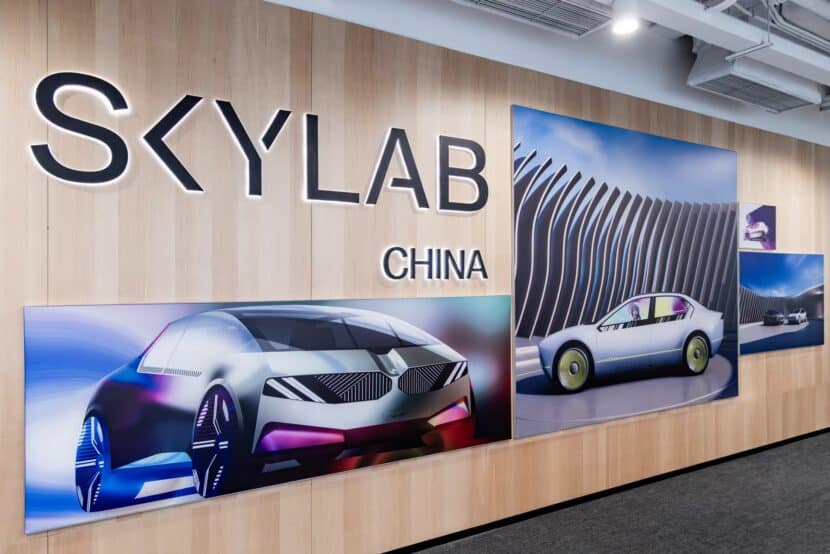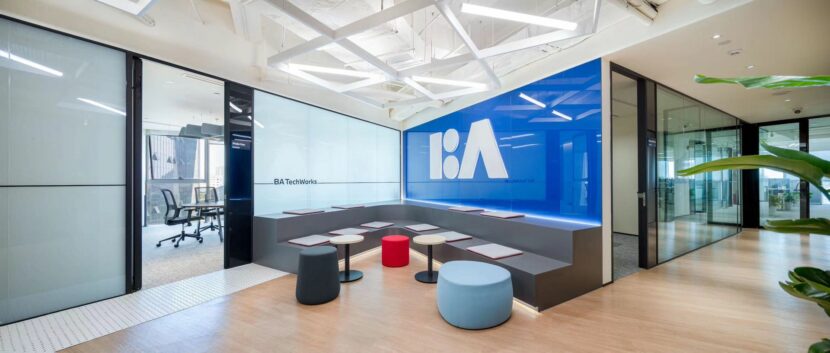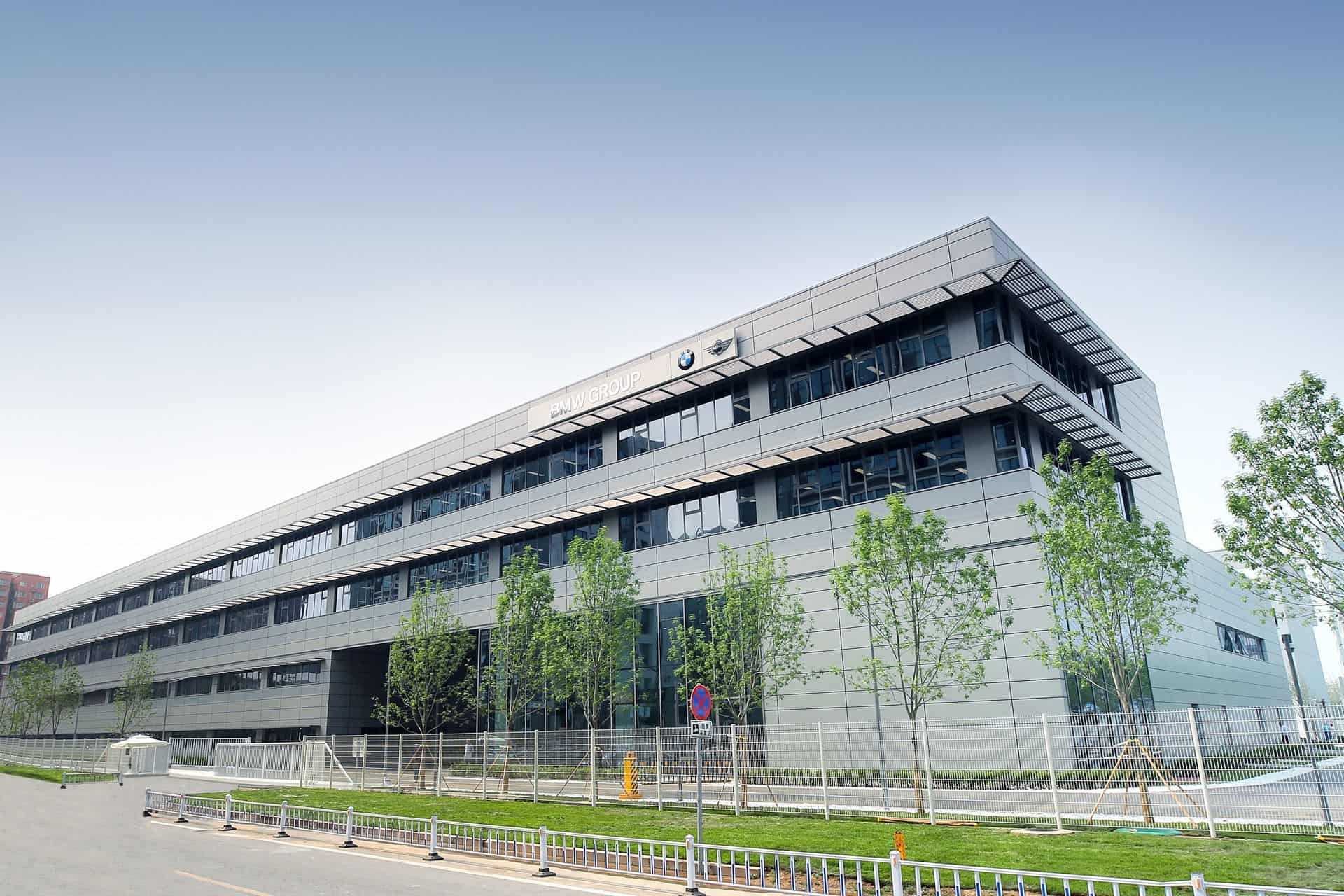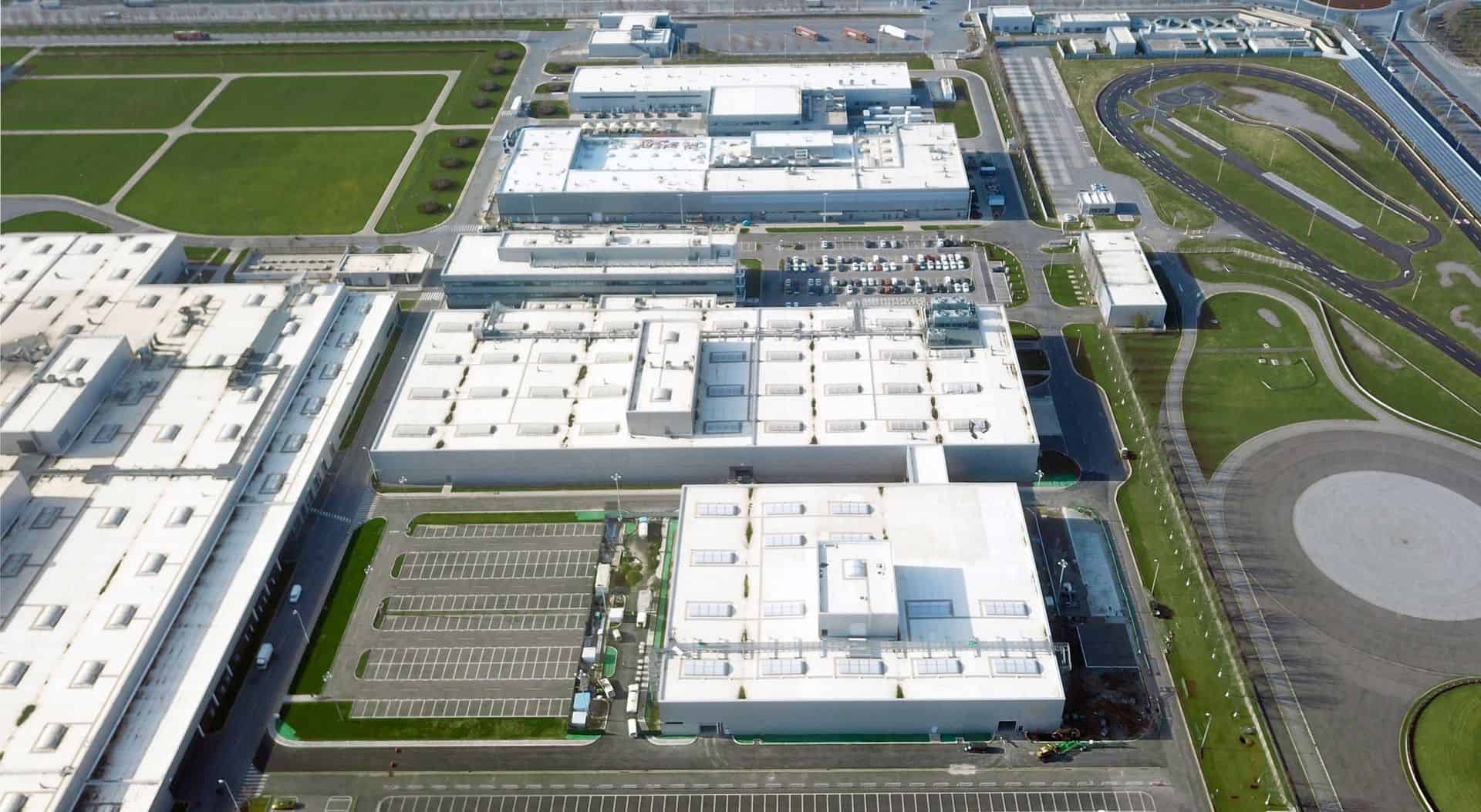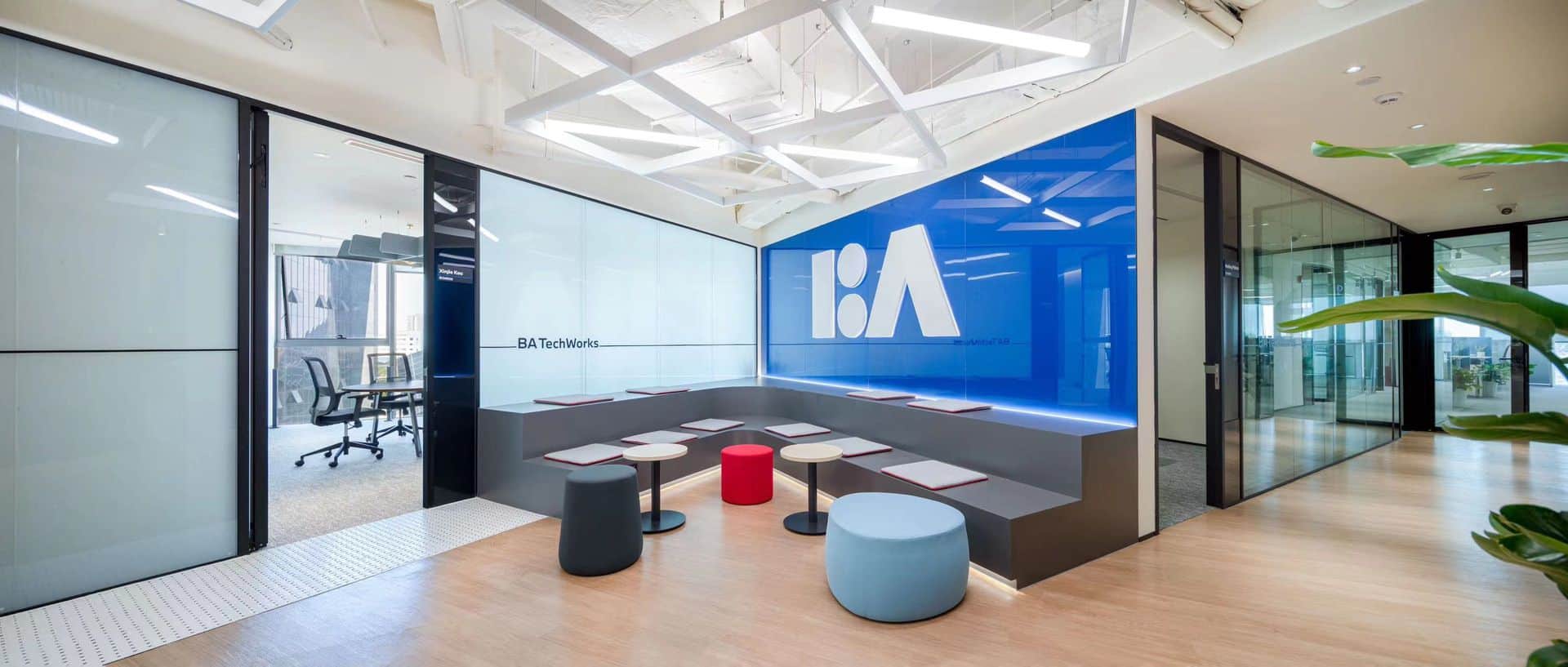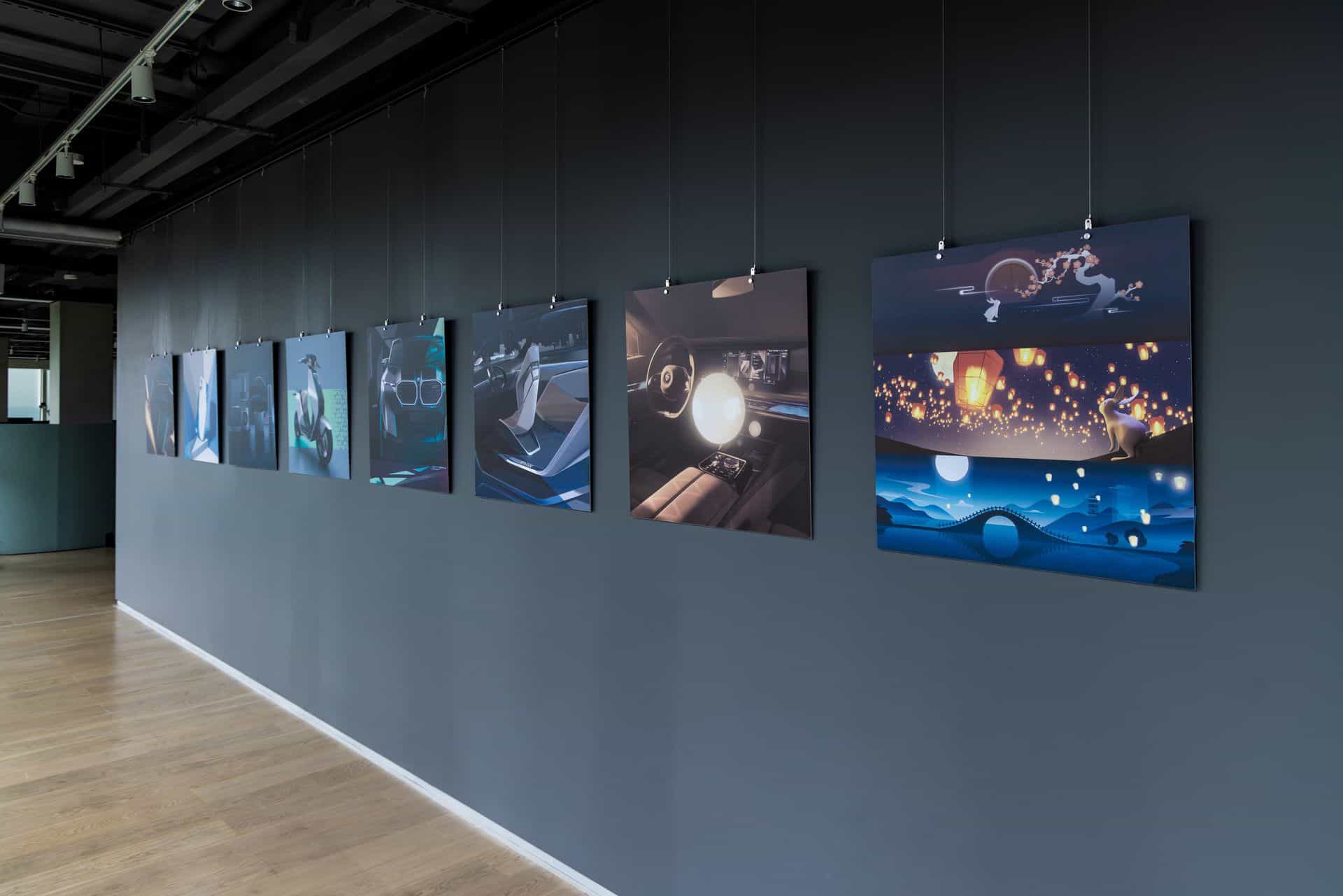This week, BMW expanded its research and development presence in China by inaugurating a new R&D Center in Shanghai. China already serves as the location for BMW Group’s largest R&D network outside of Germany, encompassing facilities in Beijing, Shanghai, Shenyang, and Nanjing. With the new center, BMW has consolidated all its R&D functions in China into a single facility. According to a press release, BMW firmly believes that China holds the key to the future of mobility. In April, the company took significant strides to enhance its R&D management in China by centralizing all development functions under the capable leadership of Dr. Robert Kahlenberg.
3,200 R&D associates
Of course, NEUE KLASSE will play an important role in China as well. Numerous innovations conceived in China will take center stage, becoming prominent highlights in the upcoming NEUE KLASSE models. There are now 3,200 R&D associates in China using their expertise to develop fascinating products for Chinese customers. For instance, in the BMW Operating System 9, 70% of the functions are tailor-made for Chinese customers.
Furthermore, China stands as the exclusive market outside Germany to host Skylab, the human-machine interaction design team, and usability lab, encompassing all essential design functions. These functions include user experience design, visual design, usability research, and human-machine interaction development.
Designworks Shanghai Integrated With The R&D Center
Designworks Shanghai, the local design studio of BMW Group, has been seamlessly integrated even further into the R&D center. This integration allows for enhanced collaboration and synergy between design and research, fostering innovation and creativity in BMW’s development efforts.
BMW is actively broadening its network of collaborative innovation partners in China. In addition to established partnerships with technology giants like Tencent, Alibaba, China Unicom, Navinfo, and Huawei, BMW is also forging connections with the country’s emerging tech innovators and leading universities such as Tongji University and Tsinghua University.
Recently, BMW took another significant step by signing a Memorandum of Understanding with the China Automotive Technology & Research Center (CATARC). This partnership aims to foster cooperation in crucial areas, including intelligent connected vehicles, new energy vehicles, sustainability, and vehicle safety, among others. The two entities have agreed to engage in exchanges and discussions on policy and regulation, as well as work together to promote standardization within the framework of an Intelligent Connected Vehicle (ICV) ecosystem. T
Through their joint efforts, they seek to drive advancements in ICV and New Energy Vehicle (NEV) development in China, contributing to the future of automotive technology and sustainable mobility solutions in the region.


